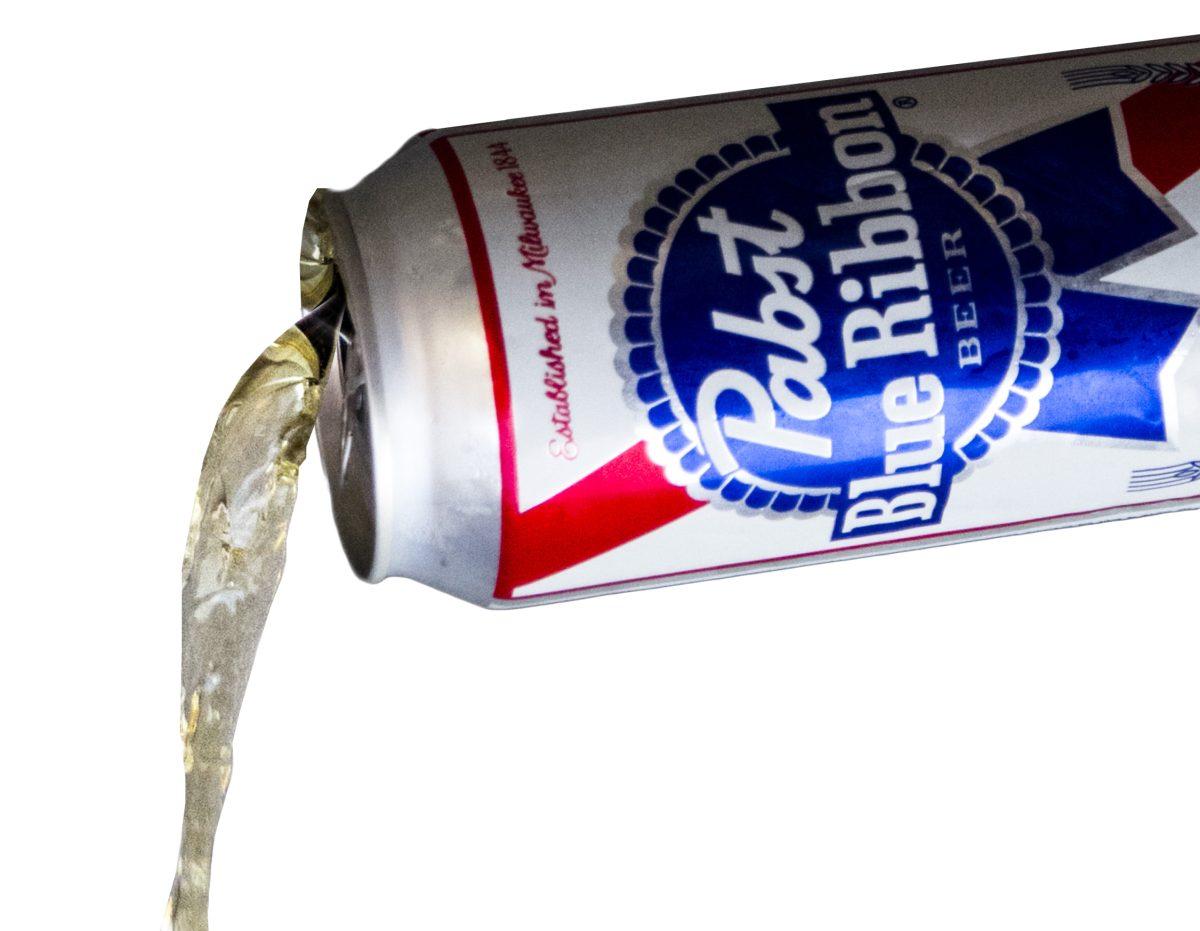“You know this is illegal,” an Oktibbeha County Sheriff said as he held up a case of Bud Light during a raid of a party in Campus Trails.
Zachary Miller, senior kinesiology major, who recalls the event last spring, said he was surprised when police confiscated beer from an apartment of his 21-year-old friend but left bottles of liquor.
“As they were leaving, me and a couple friends asked them, ‘Why didn’t you take the liquor, too?’ Because they obviously knew it was there, and they were like, ‘We don’t have to take that,’ and we all just started laughing,” he said.
Chief Deputy of the Oktibbeha County Sherriff’s Office, Chadd Garnett, said the Oktibbeha County’s alcohol laws stem from prohibition. While liquor is legal in Oktibbeha County, it is illegal to possess beer in any area that does not fall within Starkville city limits.
“There is an ordinance that you can’t have beer in the county. So if you get caught, you can be charged with possession of beer in a dry county,” he said.
While Miller said he knew Campus Trails was not inside Starkville city limits, he was not aware possessing beer was illegal.
“It is odd,” he said. “It doesn’t make sense to me because it’s a slower way to get drunk.”
Garnett said police often catch people in possession of beer during routine stops.
“It doesn’t have to be open. So, if we have somebody that comes through on a roadblock, and they have a six pack of beer sitting in the back seat, they could be issued a citation for possession of beer in a dry county,” he said.
Garnett said beer cannot be sold in convenient stores in dry parts of Oktibbeha County or in liquor stores in towns like Sturgis.
While Garnett said he believes the law has been around long enough for people to know what is legal to possess and where, he said he acknowledges some liquor laws are not as well known. Oktibbeha County, for example, does not have any open container laws.
“If you’re a passenger in a vehicle and you’re over 21, you can have an open bottle of liquor anywhere and drink it,” he said.
Garnett also said drinking and driving is lawful if the driver remains under the blood alcohol content limit of .08. However, it can create suspicion.
“If you’re the driver, that is a probable cause to stop you to check you to see if you’re over the limit,” he said.
Garnett said police try to focus on education about alcohol possession and use discretion when enforcing the laws.
“It’s not like everybody we see with a beer we write them a ticket. It’s more of an education thing, unless they need to be charged,” he said.
Garnett said the penalties for disobeying the county’s ordinance are established in justice court.
Officer Charlie Jones of the Starkville Police Department said both liquor and beer are legal inside Starkville city limits.
“The only thing that I can tell you right off hand that is definitely illegal, is untaxed liquor, which would be your moonshine that somebody made and then sold,” he said.
The Starkville Police Department has a conjoining jurisdiction with the MSU Police Department from University Drive to the Henry Hunter Center, as well as Fraternity and Sorority Row. Jones said Starkville police often allow campus police to deal with law enforcement in those areas.
“Most of the time, we just go ahead and let MSU take those calls for us, because we have enough to worry about when it comes to Cotton District,” he said.
Jones also said Cowbells, which falls outside of Starkville city limits, was once a resort, enabling the establishment to obtain the liquor license they still have today.
“You have places like Cowbells that are in the county that are allowed to serve alcohol, and that is because they had a resort status,” he said.
MSU’s campus police follow state laws for regulating alcohol possession. Kenneth Rogers, campus police Lieutenant, said determining which parts of campus are in Starkville — where beer is legal — is complex.
“It’s a little tricky. Not all of Fraternity Row is in city limits, only portions of it,” he said.
Rogers said that as long as a person is 21-years-old, possession of liquor is legal on campus, whereas beer is only legal in the areas of campus that fall within Starkville city limits.
Tabor Mullen, assistant dean of students, said in an email the consequences of possessing alcohol depend on the situation. Outcomes for students found violating the Code of Student Conduct include educational courses, probation and up to suspension from the university.
Mullen said the Code of Student Conduct benefits students by teaching life-long lessons.
“People make mistakes and the key is to learn from those mistakes so that all our students become responsible citizens. Our interactions with students who are experimenting with alcohol for the first time is all about education and responsibility,” he said.

















































































